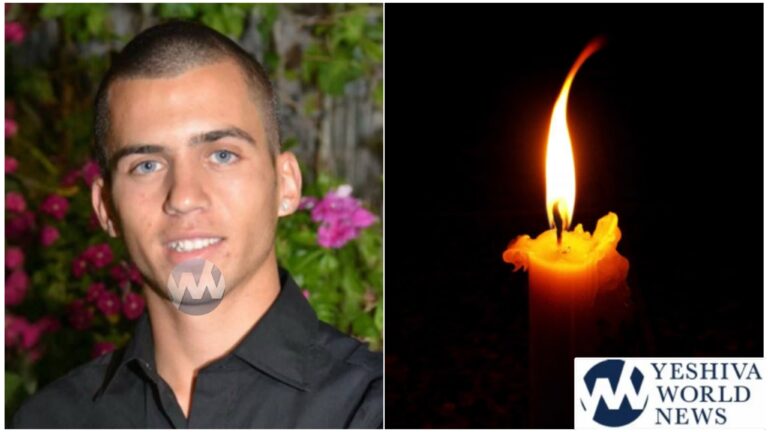 In a year when the Republican Party is breaking apart because of Donald Trump, the only man left with a chance to beat him is trying to build a big tent — by GOP standards — when it comes to foreign affairs.
In a year when the Republican Party is breaking apart because of Donald Trump, the only man left with a chance to beat him is trying to build a big tent — by GOP standards — when it comes to foreign affairs.
On Thursday, Texas Sen. Ted Cruz announced his campaign’s national security advisory team, and it includes many foreign-policy insurgents and a few more establishment types. The list includes conservatives who disagree on one of the most pressing issues facing the next president: defining and confronting radical Islam.
The first name on the advisory list that stands out is Frank Gaffney, a former Reagan administration Pentagon official who has emerged as a lightning rod in the Obama era, accused by the Southern Poverty Law Center of being one of the nation’s leading Islamophobes.
When Trump proposed a temporary ban on all Muslim immigration, he quoted from a 2015 survey of American Muslims commissioned by the think tank Gaffney founded, the Center for Security Policy. It concluded that a quarter of U.S. Muslims supported violent jihad against the U.S. This led to speculation in the Washington press that Gaffney was advising Trump.
But Gaffney is a Cruz man. In an interview, he said that he met Cruz when he was running for Senate in 2012, and that he has briefed him on the FBI’s investigation into a Muslim Brotherhood-linked charity known as the Holy Land Foundation and on how Sharia law is a threat to America. “I hope that some of that went into his decision to introduce legislation to designate the Muslim Brotherhood as a terrorist organization,” Gaffney said.
Until this year, these views were considered radioactive by the Republican establishment. George W. Bush, after Sept. 11, famously appeared at a Washington mosque and declared that Islam was a religion of peace. Arizona Sen. John McCain, as his party’s presidential nominee in 2008, famously rebuked a talk-radio host for calling his challenger “Barack Hussein Obama,” a dog whistle to the president’s Arabic middle name. In 2012, the campaign of Republican nominee Mitt Romney spurned Gaffney and other conservatives who warned that Sharia was a domestic threat.
This time around it’s a little different. As Cruz makes the case that he is the last, best chance to prevent Trump from winning his party’s nomination, his foreign-policy advisers include not only Gaffney, but also three others who work for Gaffney’s think tank: former CIA officers Fred Fleitz and Clare Lopez and former Army Special Forces Master Sgt. Jim Hanson. Also on the list is Andrew McCarthy, a former assistant U.S. attorney who prosecuted the first World Trade Center bombing. McCarthy has been outspoken in his view that adherents at least to political Islam are seeking to impose Sharia law in the U.S.
At the same time, Cruz’s team includes former officials who reject Gaffney’s broad view that any Muslim who believes in Sharia law by definition believes in a totalitarian and violent ideology at war with America.
“We’re at war with a coalition of radical Islamists and radical secularists. It’s not all one thing, nor is Islam all one thing,” Michael Ledeen, a former Reagan administration official and a Cruz campaign adviser, told me.
Jim Talent, a former Missouri Republican senator who was a key adviser to Romney in 2008 and 2012, is signed up for the Cruz team. So is Mary Habeck, a former staffer on George W. Bush’s national security council, who is an expert on jihadi organizations and has warned against demonizing the entire religion of Islam.
Another Cruz adviser, Elliott Abrams, helped craft Bush’s policy to empower moderate Muslims in the Middle East against radicals. He told me he feels much the same way as Habeck. “It’s now 15 years since 9/11, and I think it’s obvious that Muslim citizens in the U.S. and Muslim leaders abroad have an absolutely critical role to play in fighting jihadis and other Muslim extremists,” Abrams said. “This is partly a battle within Islam that they are going to have fight and win. Alienating these potential allies is the kind of foolish policy that the Obama administration has engaged in when it comes to Arab states that are our allies.”
Victoria Coates, who has been Cruz’s main adviser on national security since he came to the Senate, told me this tension on the policy team “is by design and not an accident.” She added: “Both Frank and Elliott are people I went out of my way to set up meetings with the Senator. He has met with both of them individually for years.”
Cruz threaded this needle between Gaffney and Abrams in his response to Trump’s call in December for a temporary ban on Muslims coming to the U.S. Cruz never criticized Trump’s position directly. (Florida Sen. Marco Rubio did.) But he also didn’t endorse the position, instead introducing a bill to halt refugees from countries with a significant al-Qaida or Islamic State presence, with exceptions for asylum seekers fleeing genocide. “When Donald Trump talked about barring all Muslims from entering into the United States, Senator Cruz of course did not endorse that opinion, in part because he knows the law,” Abrams said.
Cruz also knows politics. He has not won over the Washington mandarins who came out early for Jeb Bush, like former CIA director Michael Hayden. But after Rubio dropped out of the race on Tuesday, Cruz made an appeal to his former rival’s supporters to join his campaign.
Cruz is hoping Republican leaders in Washington will embrace his candidacy now, even though he has railed against them since he came to the Senate. Cruz also knows that long-time supporters like him precisely because he so infuriates the Republican establishment.
His new team of national security advisers, in this respect, has something for everyone.
(c) 2016, Bloomberg View · Eli Lake
Eli Lake is a Bloomberg View columnist writing about politics and foreign affairs.










